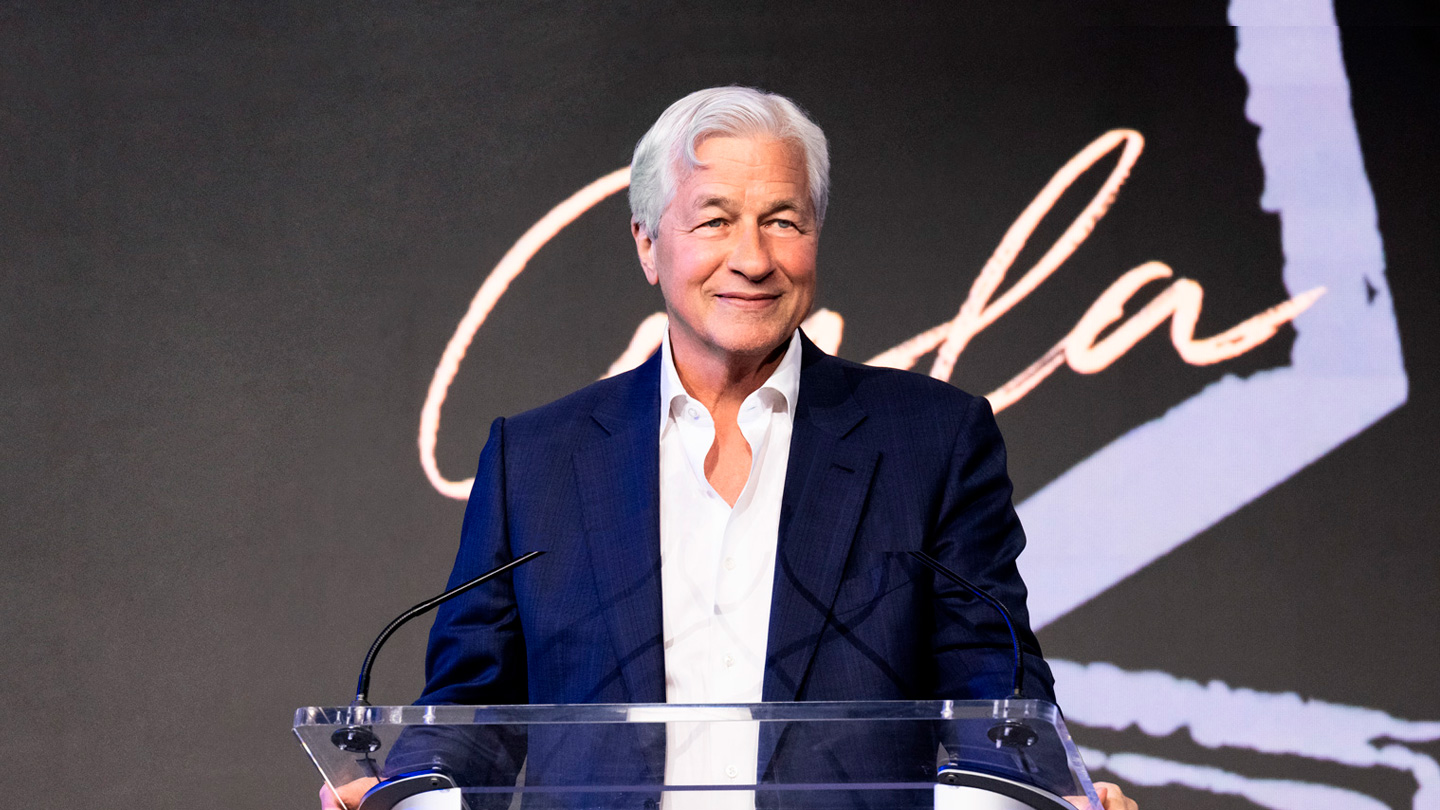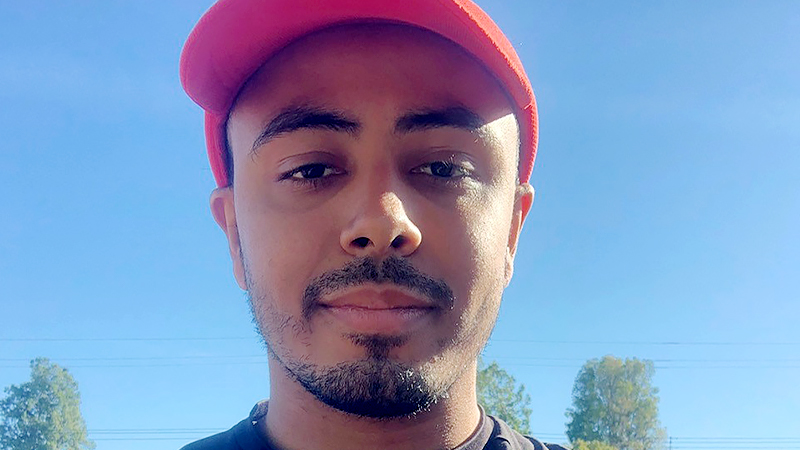For Christopher Pinkstaff, education is a central part of how he sees the world. “When you teach, you learn," he says. "When I'm helping others, I'm learning—and cementing my knowledge."
When Pinkstaff, 28, graduated from the University of California, Irvine, one of his first jobs was working for an afterschool program as a mentor and tutor. Today, he continues to volunteer as a tutor in his free time.
He brings that focus on education to his work as a personal financial advisor for J.P. Morgan U.S. Wealth Management in Irvine. When he meets a new client, he makes a point of learning all about them—everything from their values to their hopes and dreams—before educating them on the best way to achieve their goals.
But that focus on education and personal communication didn't come naturally to Pinkstaff; long before he began teaching others, he had to learn how to teach himself. The story of how that happened—and the challenges that he had to face in the process—speaks volumes about Pinkstaff's determination, and the dedication that he brings to every aspect of his life.
A Different Perspective
As a child, Pinkstaff was focused on efficiency, often prioritizing it over communication. For example, when a teacher told him that he had to color a picture before he could go play, he took a black crayon and scribbled in the picture indiscriminately. He was proud that he had discovered a secret strategy for maximum efficiency, but when he turned his drawing in, his teacher admonished him for failing to color within the lines—a part of the task that she hadn't clearly communicated.
That was when Pinkstaff learned that his perspective differed from others'—and that some people might interpret his perspective negatively. From then on, his life became about listening, paying attention, and adapting.
When Pinkstaff went to college, he learned that his unique perspective had a name. He was working one-on-one with a professor when his continuous need to adapt to social situations took a toll, and his energy crashed. The professor suggested that he get tested for autism, and the tests revealed that he had a form of Autism Spectrum Condition.
Long before he received his diagnosis, Pinkstaff had set about finding ways to effectively navigate the neurotypical world. The first step, for him, was gaining a better understanding of himself. As Pinkstaff sees it, an engine of logic drives his mind, and he has often struggled to grasp seemingly-illogical social conventions that many people take for granted.
As he grew to understand his own perspective, Pinkstaff began to develop conscious strategies and planning methods to help him operate and interact with others.
“Neurodivergence is only divergent when you compare it to people and standards that are not like you," he says.
Pinkstaff was proud of the work he had done to adapt to the neurotypical world, but with the diagnosis, he discovered that support was available, and could help him realize his full potential. It gave him hard evidence that he was different from many people in a way that no one could see.
Skin-Deep Diversity
While Pinkstaff's neurodiversity has always been hidden from view, another aspect of his lived experience is far more apparent: He is Black. At times, the intersection of these two forms of diversity added to his confusion in social situations.
“It was really hard because I couldn't tell if people were having issues due to my diversity of expression or diversity of appearance," he explains.
The fact that Pinkstaff has two influential elements of diversity—one visible, one hidden from view—doesn't discourage him from pursuing his goals.
“Neurodivergence is a mandatory part of life that I have to adapt to; on top of that, I have to be aware of the bias for the potential prejudice," Pinkstaff says. “I am an African American person, and I identify as that, but at the same time, I'm not defined by my blackness. I'm a person, and the blackness is a feature."
Choosing to Disclose
While Pinkstaff's diagnosis made him aware of the resources available to him, he still wasn't sure if he should disclose his neurodiversity to employers. After all, admitting his diagnosis could mean he'd have to deal with further prejudices. Besides, he'd always operated on a principle that, despite any potential disadvantages, he would work harder to keep up with his peers and excel. The burden, he felt, was his to bear alone.
At J.P. Morgan, however, Pinkstaff felt he had found an environment that would embrace and support his neurodiversity. All his life, he had found ways of fitting into rigid containers built for him, but if he disclosed his neurodiversity at J.P. Morgan, he realized, the container would mold itself around him. While he would still utilize the strategies he'd developed over a lifetime of adaptation, he would no longer be singularly burdened with the task of fitting in.
Ultimately, he decided, disclosing his neurodiversity was the logical choice.
“Things need a logical reason, so disclosing became a logical necessity," he explains. “I believed starting out with that would establish better rapport, better understanding, better communication, and fewer problems."
Bringing Empathy—and Education—to the Office
Pinkstaff's experience with navigating his neurodiversity has expanded his capacity for empathy and communication with his clients, coworkers, and the world around him. For him, the feedback loop of educating others while being educated by them has given him the opportunity to learn, grow, and better communicate his knowledge. “I'm an educator," he says. “That means I educate, support...and learn."
Today, he is feeding that passion to engage with other people, whether through tutoring, financial planning, or sitting down for a friendly chat. For Pinkstaff, every encounter with another person is a chance to learn and grow. Conversely, every span of time between appointments or meetings provides the solitude he needs to process, reflect, focus, and plan.
Pinkstaff hopes to continue sharing his financial knowledge and growing in the financial industry, eventually advancing to manage his own team or run his own firm. He also hasn't discounted the possibility of one day bringing his experience into the classroom, where he would like to teach future generations new and diverse ways of thinking about the world—while helping each student find the strategies that work for them. Until then, he'll continue sharing his thoughts with his clients and his team, because—as Pinkstaff puts it—“Diverse thoughts and approaches generate diverse power."




